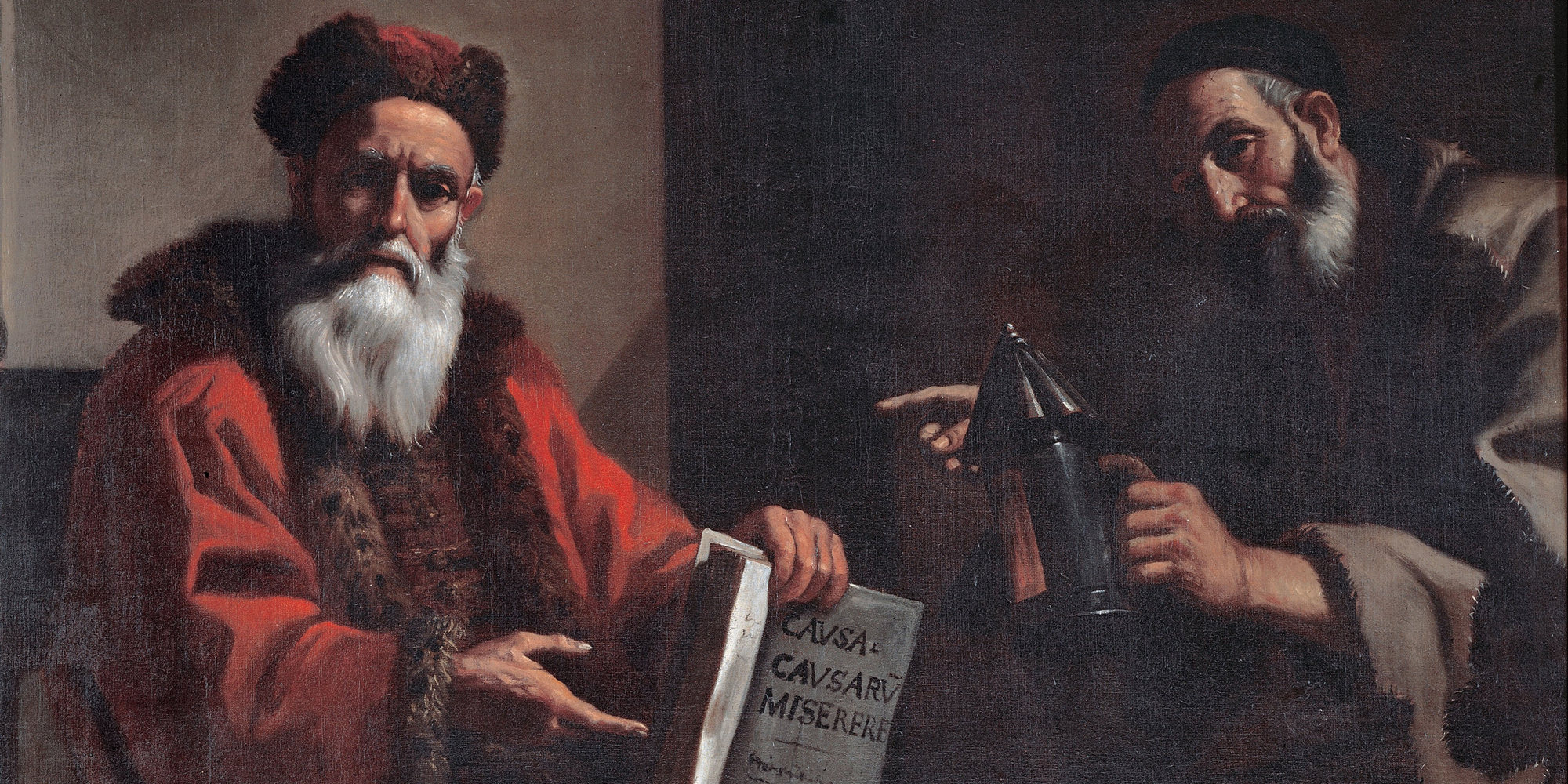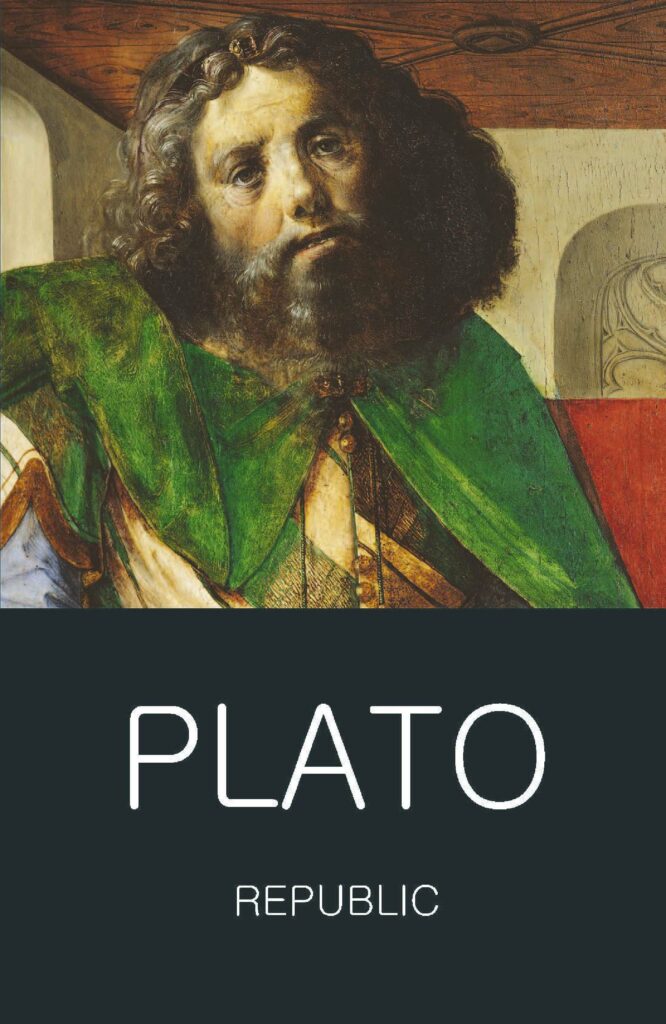
Plato’s ‘Republic’
Mia Forbes looks at The City in Plato’s ‘Republic’
The ideal city envisioned by Plato in his magnum opus looks remarkably different to anything we would today consider a ‘republic’. Kallipolis, named and hypothesised as ‘the good city’, at first seems to be more of a dictatorship or autocracy than the glorious society it is supposed to be. Indeed, it has often been condemned for its totalitarian ideology, most prominently by Karl Popper. It is worth noting, firstly, that the dialogue’s original Greek name – Politeia – means ‘constitution’ and does not carry the same connotations as the modern title. Moreover, it is essential to understand that Plato dreams of the supreme philosopher king not as a ruler who will subordinate his subjects’ well-being to his own power, but who will use his authority to ensure that each and every citizen lives as fulfilling a life as possible.
It is not difficult, however, to see why Plato has been accused of promoting a tyranny: in Kallipolis, the wise class of philosopher-kings, known as ‘Guardians’, have exclusive control over law-making. Only philosophers are admitted into the class of Guardians, and by that Plato does not mean people like himself or Socrates; he has strict requirements of his rulers, who must have reached the highest source of knowledge by honing their intellectual skills through years of rigorous training. Their transcendent knowledge of the Good qualifies them to rule, while ignorance precludes everybody else from political participation. This is famously illustrated in Plato’s allegory of the cave, in which people are chained to a wall and forced to watch the shadows of various objects parading past them. Having lived all their lives in the isolation of the cave, they believe that these shadows are in fact the real things, and only when one such prisoner escapes to the upper world and sees the true objects in the light of the sun does he (or she! Plato embraced the concept of female philosopher kings) realise that the life offered in the cave was nothing more than an illusion. Only those who have ‘seen the light’ are entitled to make political decisions, and indeed their legislation entirely governs the private and public lives of their subjects, dictating their jobs, property, leisure and even their relationships.
Plato accepts that people are unlikely to be happy with this arrangement: when the enlightened escapee once more descends into the cave and tries to teach the chained inhabitants the truth, they attempt to murder him. And yet, the aim is not to make everybody ‘happy’ in the sense that their appetites, urges and wishes are satisfied. Plato is instead interested in cultivating a different, superior type of happiness, one that encompasses the whole state:
Republic 420c
νῦν μὲν οὖν, ὡς οἰόμεθα, τὴν εὐδαίμονα πλάττομεν οὐκ ἀπολαβόντες ὀλίγους ἐν αὐτῇ τοιούτους τινὰς τιθέντες, ἀλλ᾽ ὅλην
Now then, as I judge it, we are forming the happy city, not taking aside a few of those in it to make them thus, but the whole.
He first makes it clear that he is not going to prioritise the happiness of any one class of people. Even though the Guardians have control over the laws and customs, it does not mean that they will be any happier than those they rule. In fact, it is only by being ruled that the vast majority of people can achieve any meaningful sort of happiness. This is because Plato thinks that most people don’t know how to make themselves truly happy. Of course, people indulge in physical pleasures and satisfy their sensual appetites, which may make them feel ‘happy’, and he acknowledges that it would be easy to form a city that does this:
Republic 420e
ἐπιστάμεθα γὰρ καὶ τοὺς γεωργοὺς ξυστίδας ἀμφιέσαντες καὶ χρυσὸν περιθέντες πρὸς ἡδονὴν ἐργάζεσθαι κελεύειν τὴν γῆν, καὶ τοὺς κεραμέας κατακλίναντες ἐπὶ δεξιὰ πρὸς τὸ πῦρ διαπίνοντάς τε καὶ εὐωχουμένους, τὸν τροχὸν παραθεμένους, ὅσον ἂν ἐπιθυμῶσι κεραμεύειν, καὶ τοὺς ἄλλους πάντας τοιούτῳ τρόπῳ μακαρίους ποιεῖν, ἵνα δὴ ὅλη ἡ πόλις εὐδαιμονῇ
For we could tell the farmers to work the land as they like, having dressed them in rich robes and decked them with gold; and we could let the potters recline on their sides before the fire, drinking and feasting, their wheels set alongside them for whenever they wish to work, and we could make all the others ‘happy’ in this manner, so that the whole city could indeed be ‘happy’.
But Plato is being sarcastic, for this is not true happiness to him. True happiness, or εὐδαίμονια, transcends the temporary, everyday pleasures pursued by the masses, and instead provides an internal harmony that ensures one’s permanent fulfilment. To attain this harmony, the parts of one’s soul must be correctly balanced. Plato imagines that the soul is divided into three parts: reason, spirit and appetite. The souls of most people are dominated by their appetites, which disrupts the whole, while the souls of philosophers are governed by reason, with the other two elements falling into a harmonious balance under it. With the parts of one’s soul correctly proportioned, it becomes possible for the individual to live their best possible life, and this should be the ultimate aim for everyone. But it isn’t just a case of practising meditation and making a zen garden: it takes a huge amount of mental and physical training in order to understand how things should be properly ordered. In fact, for most people, Plato believes, it is actually impossible to achieve, and the only way they can get close to true happiness is by surrendering their agency to the elite few with the intellectual capacities to reach εὐδαίμονια, i.e. the Guardians.
According to the views he espouses in the Republic, Plato believes that people are born with certain characteristics and abilities by nature. Some are cut out to be philosopher kings, with a lot of training, but most are incapable of ascending to such lofty heights, and for these people, it is better to follow the instruction of the Guardians. There is no point in the masses having autonomy because they are bound to make the wrong choices, whereas the Guardians, informed by their knowledge of the Good, of justice and of true happiness, will be able to direct them towards the good life by forcibly restraining their hedonistic urges and ensuring that they play the role in society which is correct for them. When everyone performs their proper function, the whole can operate smoothly, to the benefit of everyone. Plato explains this with an analogy by comparing the citizen-body to a statue, its various features corresponding to different groups of citizens:
Republic 420d
ὦ θαυμάσιε, μὴ οἴου δεῖν ἡμᾶς οὕτω καλοὺς ὀφθαλμοὺς γράφειν, ὥστε μηδὲ ὀφθαλμοὺς φαίνεσθαι, μηδ᾽ αὖ τἆλλα μέρη, ἀλλ᾽ ἄθρει εἰ τὰ προσήκοντα ἑκάστοις ἀποδιδόντες τὸ ὅλον καλὸν ποιοῦμεν
You madman, don’t believe that we should make the eyes so beautiful that they will not appear to be eyes, nor any other part, but see that, by assigning to each its correct properties, we make the whole thing beautiful.
When painting a statue – classical sculptures weren’t originally white marble – an artist wouldn’t make any single part so beautiful that it throws off the whole look: bright purple might be a nicer colour than brown, but bright purple eyes would just make a face look weird. Everything should be proportionately beautiful, with no part excessively beautiful, or beautiful at the expense of the others. Similarly, when forming a city, the founders must strive to make their citizens happy (in the Platonic sense, of course) but should not make any one group happy at the expense of the others. Plato sometimes refers to the city as a κοινωνία, literally meaning ‘the shared thing’, which perfectly captures his conception of civic life as a common project. It is a project in which all must take part, albeit in a range of roles. It is no wonder that Karl Popper accused Plato of reducing the average citizen to little more than a cog in a machine. Cogs, maybe, but truly happy cogs in a well-running machine.
Image: Diogenes and Plato, 1649. Artist: Preti, Mattia (1613-1699) Heritage Image Partnership Ltd / Alamy Stock Photo
Books associated with this article
